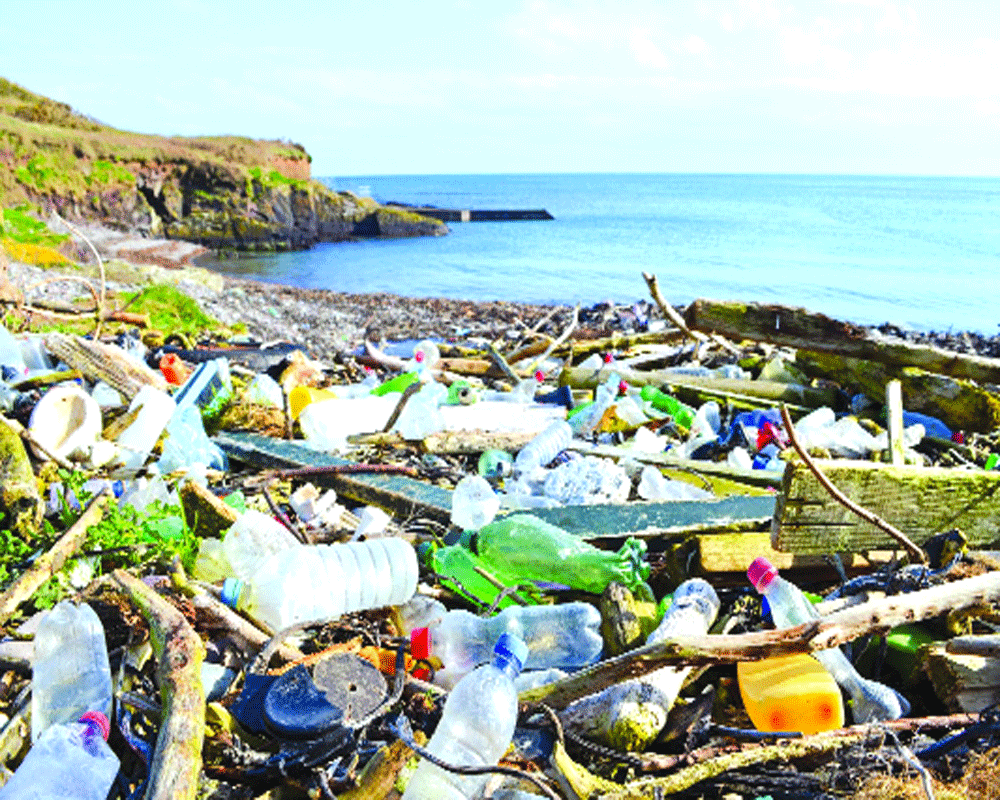Viruses can survive for days by binding themselves to plastics in freshwater, finds a new study
Taking the known fresh environmental risks a notch higher, scientists have proved for the first time that viruses can survive and remain infectious by binding themselves to plastics in freshwater — thus raising concerns about the potential impact on human health. Rotavirus, which causes diarrhoea and an upset stomach, was found to survive for up to three days in lake water by attaching itself to the surfaces of tiny beads of plastic pollution, called microplastics which are tiny particles less than 5mm long. Around 10 days back, for the first time, microplastics were found in freshly fallen snow in Antarctica. The pollutant poses a growing threat to the region’s ecosystem and could increase the melting of ice and snow. Snow samples collected from 19 sites in the Ross Island region of Antarctica were all found to contain microplastics. The research was published in a peer-reviewed article in a scientific journal, The Cryosphere. While microplastics are found across the world, from the world’s deepest ocean floors to the peak of Mount Everest, researchers say that it was the first time these were found in freshly fallen snow in Antarctica.
The latest study — led by the University of Stirling and published in the journal Environmental Pollution — is the first of its kind to explore the issue using water taken from the natural environment — with previous research focusing only on the spread of such viruses in sterile hospital settings. Such enteric viruses remain infectious, posing a potential health risk. Lead researcher Professor Richard Quilliam said: “We found that viruses can attach to microplastics, which allows them to survive in the water for three days, possibly longer. Even if a wastewater treatment plant is doing everything it can to clean sewage waste, the water discharged still has microplastics in it, which are then transported down the river, into the estuary and end up on the beach. We weren’t sure how well viruses could survive by ‘hitch-hiking’ on plastic in the environment, but they do survive, and they do remain infectious.” It doesn’t take many such virus particles to make one sick. So this, therefore, is one more box to tick on our list of to-do things. Let’s do everything, everything possible to clean up our environment and keep it that way for our upcoming generations.


























